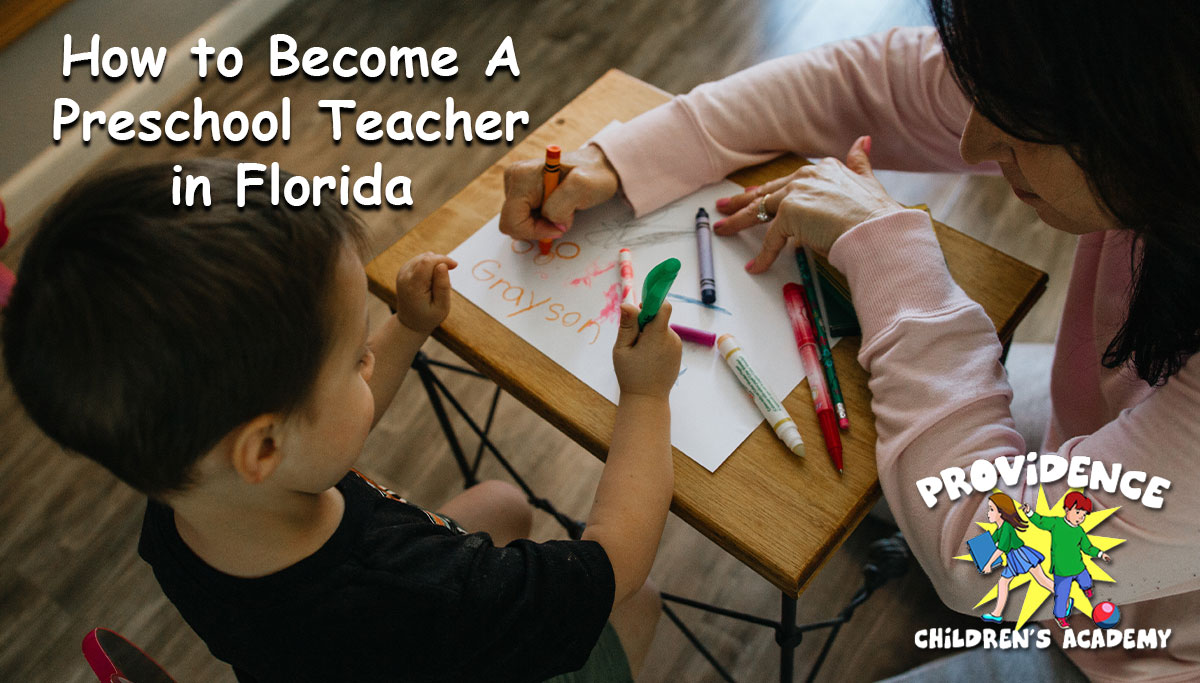The crux of academic or professional success is tethered to a myriad of factors, with study skills unsurprisingly taking the forefront. Being adept at studying is not simply about spending hours hunched over books; instead, it involves a strategic approach to learning for long-term retention, comprehension, and the effective application of knowledge. These study skills are not innate but are acquired and refined over time. Nonetheless, mastering these skills is a prerequisite for educational success and lifelong learning.
Children with good organizational skills can manage their workload, school projects, and extracurricular activities competently. These skills also enable kids to keep track of their assignments and deadlines, thereby preventing last-minute rushes and stress. Furthermore, teaching kids to organize their space helps them maintain cleanliness and orderliness in their surroundings.
The basics of writing may seem straightforward, but writing is a craft that requires consistent practice and refinement. Good writing is not just about using big words or following grammatical rules to the letter; it carries your ideas, arguments, and themes to the reader in a clear, compelling, and engaging manner.
The daunting universe of persuasive writing may, however, sometimes intimidating to middle schoolers due to its demand for deep thinking and the pressure of making influential statements. However, fortunately, supportive critique and constructive feedback from teachers can work as catalysts to improve students’ writing skills. Simultaneously, students need a safe and encouraging environment where they can fearlessly voice their opinions.
1. Alphabet fishing game: An engaging and interactive game to teach children the alphabet’s sounds and letters. How does it work? Create paper fish with different letters, attach magnets to them, make a fishing rod with a magnet in the end, and the game is ready. Children would fish using their rods, and upon catching a fish, they have to pronounce the letter on it and a word that starts with that particular letter.
These writing prompts also help students learn the art of persuasion meticulously. They should understand and harness the power of ‘rhetoric,’ the knack of convincing people through effective communication. Thus, they learn how to sculpt a compelling introductory hook, use concrete particulars to substantiate their ideas, and ingeniously wrap up their writing with, say, a thought-provoking question or a summative statement.
2. Phonics hopscotch: Traditional hopscotch with a phonics twist can increase a child’s interest in learning alphabet sounds. Instead of numbers, chalk out letters on your hopscotch path, and whenever a stone lands on a letter, the child has to hop on it and say its sound, making it a more dynamic and interactive learning experience.
Online platforms also offer an extensive range of engaging content, including videos, quizzes, and interactive games, that make learning writing skills more entertaining. Multimedia resources are particularly useful for reluctant writers, as they add an element of fun to the daunting task of writing.
To start with, time management is crucial in developing strong study skills. It involves setting specific academic goals, planning study schedules, and adhering to these schedules. Additionally, avoiding procrastination is also a significant element of time management; one way to do this is to break down big tasks into achievable chunks. Effective time management leads to reduced stress levels and increased productivity.
Another valuable study skill is the adoption of active learning strategies, such as the SQ3R method, standing for Survey, Question, Read, Recite, and Review. This method promotes understanding and long-term retention of information. It encourages students to read actively, assess their comprehension frequently, and review regularly to reinforce learnt content.
10. Alphabet towers: Make stacks of cups each labelled with a letter. Children then knock down these stacks with soft foam balls, and for every knocked tower, they have to pronounce the letter sound and a relatable word.
Editing and proofreading your work is a crucial step often overlooked. They rectify grammar, punctuation, Homeschooling pros and cons statistics spelling errors, and improve readability. They also help identify ambiguous sentences, repetition of ideas and fine-tune the language to ensure your writing is polished. This improves professionalism and credibility as well.
The advantages of online learning for middle school writing also extend to real-time collaboration and peer review. Platforms such as Google Docs allow seamless sharing and collaborative editing of documents. This fosters a sense of community, promotes peer learning, and helps students give and receive real-time feedback. The practice of peer review is crucial in enhancing writing skills as it lets students learn from their peers, along with fostering constructive criticism skills.
If you enjoyed this short article and you would certainly like to get additional information regarding Florida homeschooling options kindly browse through the web-page.

